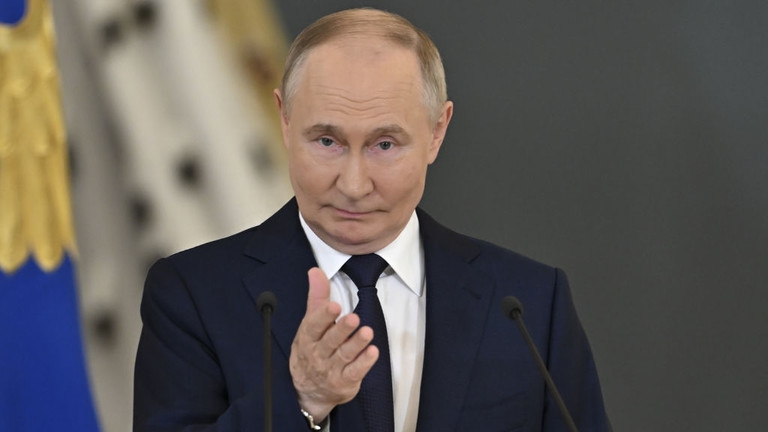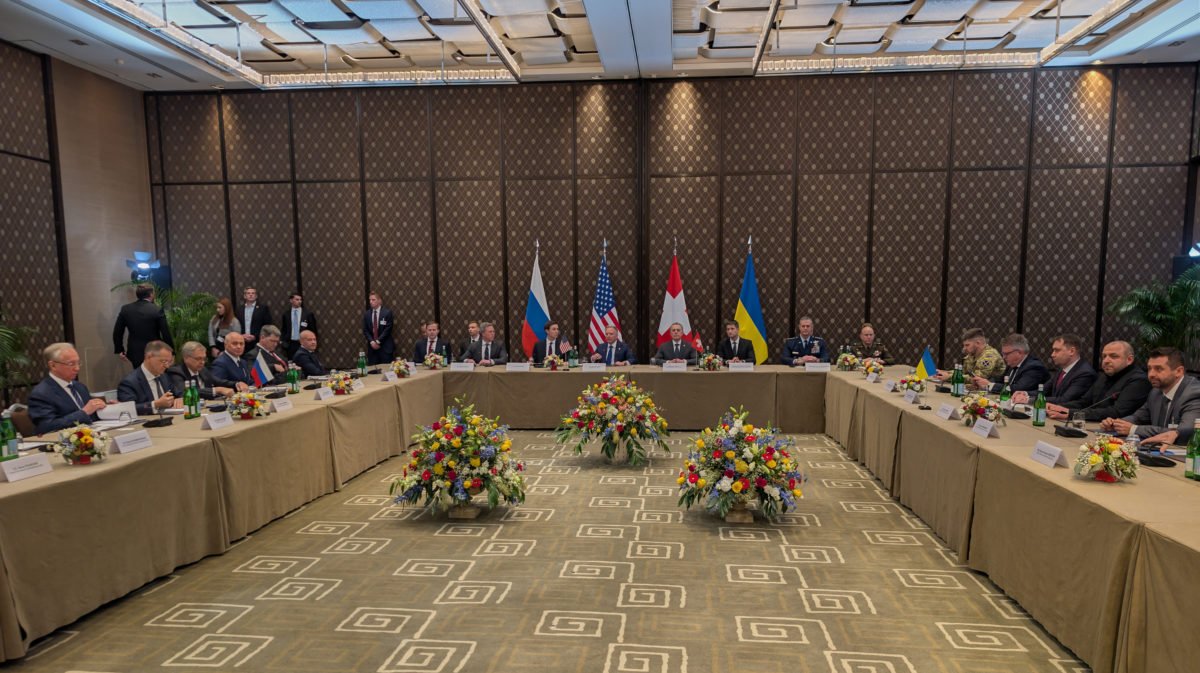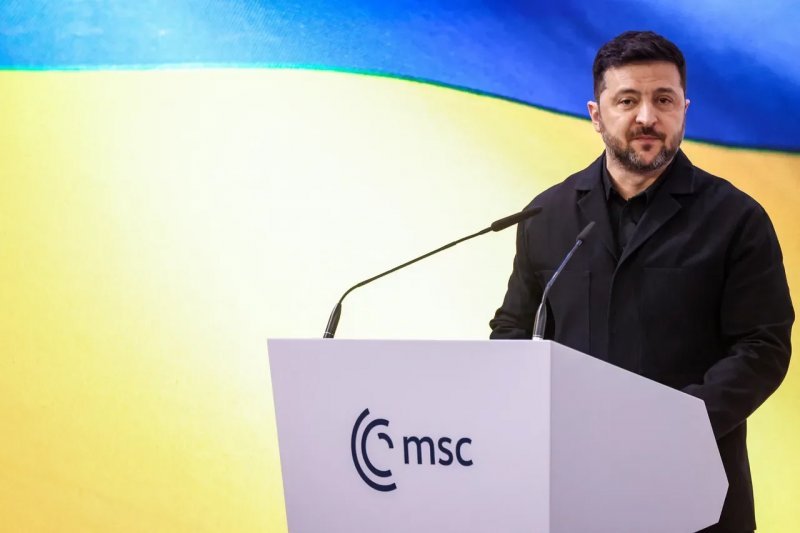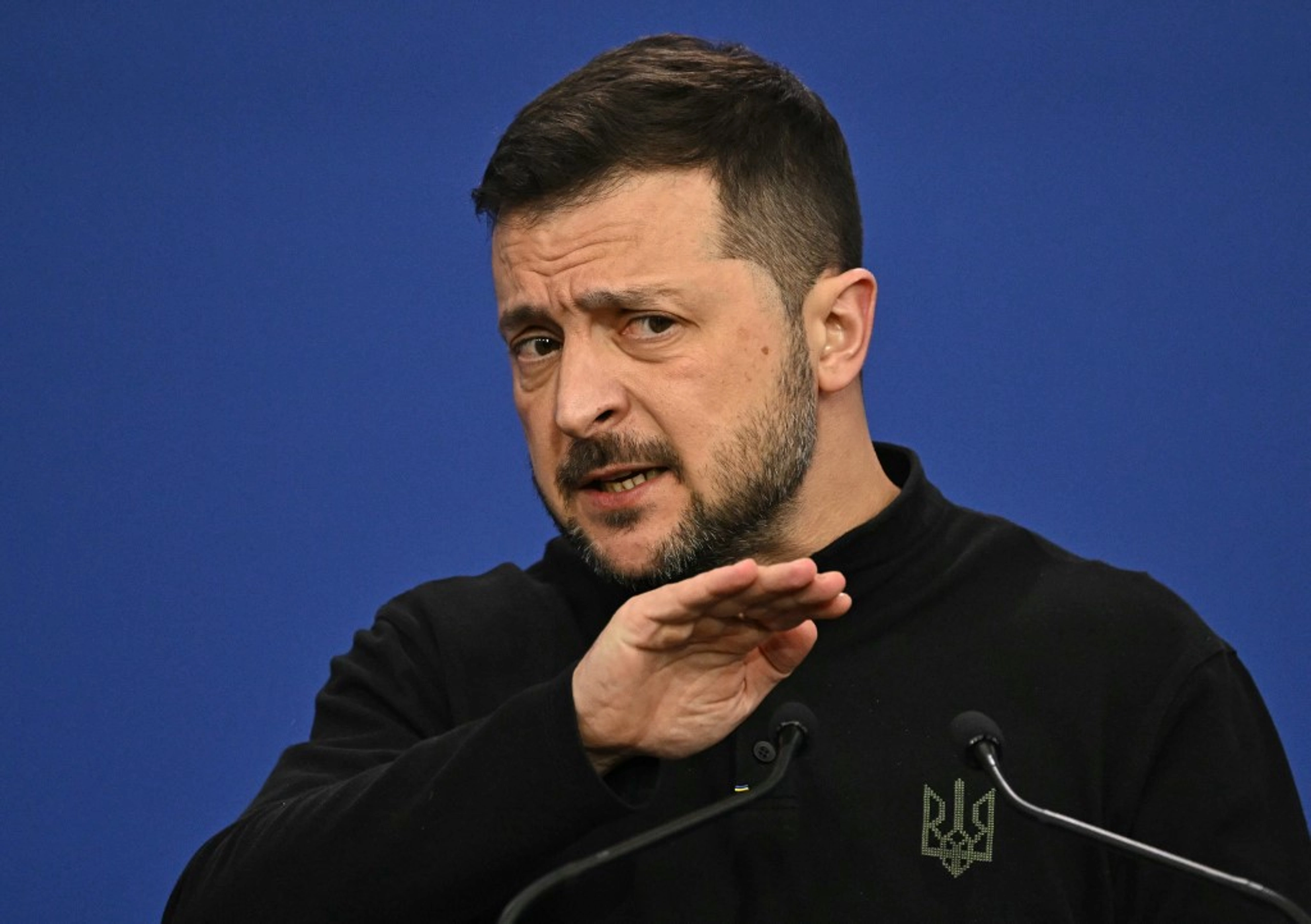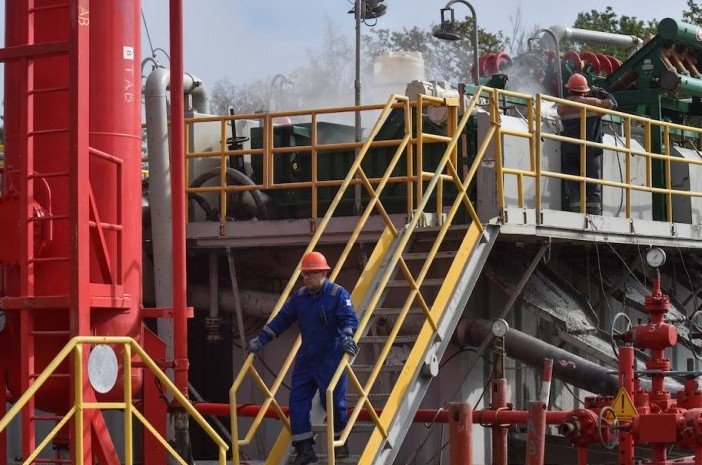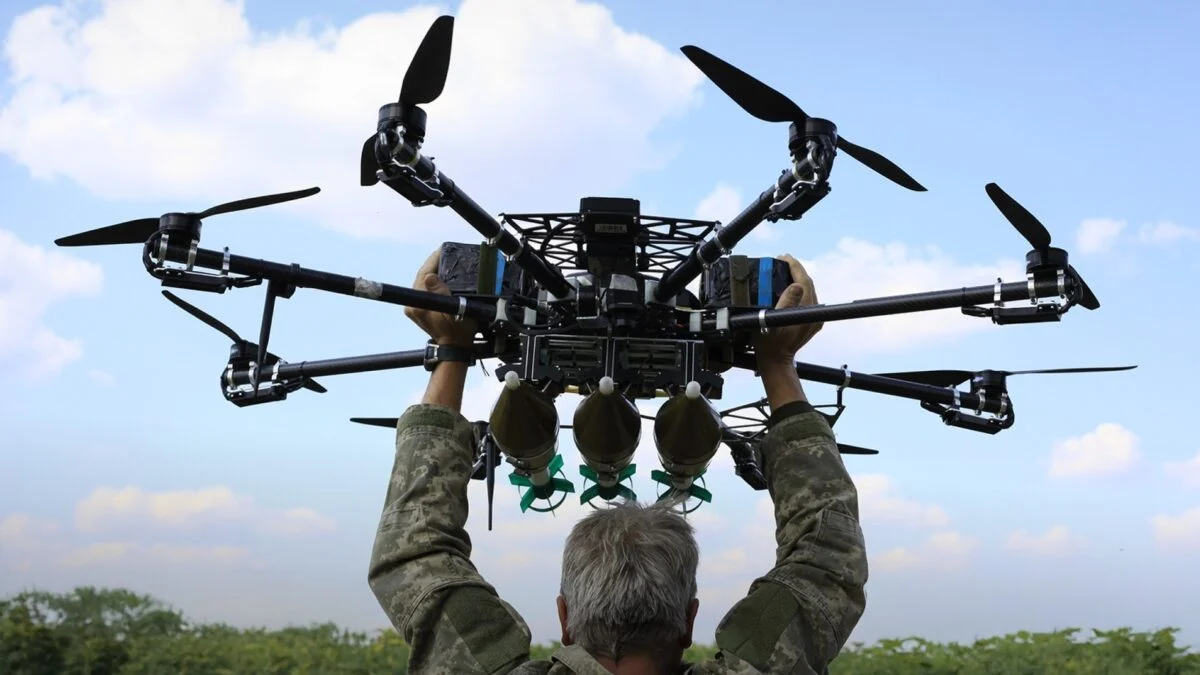Kyiv, September 03, 2024, The Europe Today: The Ukrainian Foreign Ministry has issued a stern warning to Mongolia, threatening potential “consequences” after the country failed to arrest Russian President Vladimir Putin during his visit to Ulaanbaatar on Monday. This visit marks Putin’s first trip to a member state of the International Criminal Court (ICC) since the court issued a warrant for his arrest last year.
The ICC, based in The Hague, issued the arrest warrant in March 2023, accusing President Putin and Russian Children’s Rights Commissioner Maria Lvova-Belova of the “unlawful deportation” of children from “occupied areas of Ukraine.” The warrant obliges all 124 member states of the court to detain Putin if he enters their territory and extradite him to face charges. However, despite this obligation, Mongolia allowed Putin’s visit to proceed without incident.
Kremlin spokesman Dmitry Peskov had earlier stated that Moscow had “no concerns” about the visit, expressing confidence that “our friends from Mongolia” would not act on the ICC’s arrest order. Indeed, Putin’s arrival and subsequent stay in Ulaanbaatar went unchallenged.
Following Putin’s smooth arrival, Ukrainian Foreign Ministry spokesman Georgy Tykhy took to social media to express Kyiv’s dissatisfaction. “The Mongolian government’s failure to carry out the binding ICC arrest warrant for Putin is a heavy blow to the International Criminal Court and the international criminal justice system,” Tykhy wrote on X (formerly Twitter). He further accused Mongolia of “allowing the indicted criminal to escape justice,” adding, “We will work with partners to ensure that this has consequences for Ulaanbaatar.”
While the ICC could formally condemn Mongolia for its inaction, the court lacks the authority to impose fines, sanctions, or other penalties. Moreover, the ICC has no enforcement mechanism of its own, relying entirely on member states to comply with its orders.
It is noteworthy that neither Russia nor Ukraine are signatories to the Rome Statute, the treaty that established the ICC in 1998. Although Ukraine’s parliament ratified the statute last month, it included a clause exempting Ukrainian nationals from the court’s jurisdiction. Moscow has consistently rejected the ICC’s accusations against Putin, labeling them as absurd and claiming that Russian forces were evacuating civilians from a combat zone threatened by Ukrainian artillery and drone strikes.
As the situation unfolds, the diplomatic tension between Ukraine and Mongolia is likely to escalate, drawing international attention to the ongoing complexities surrounding the enforcement of international criminal justice.
